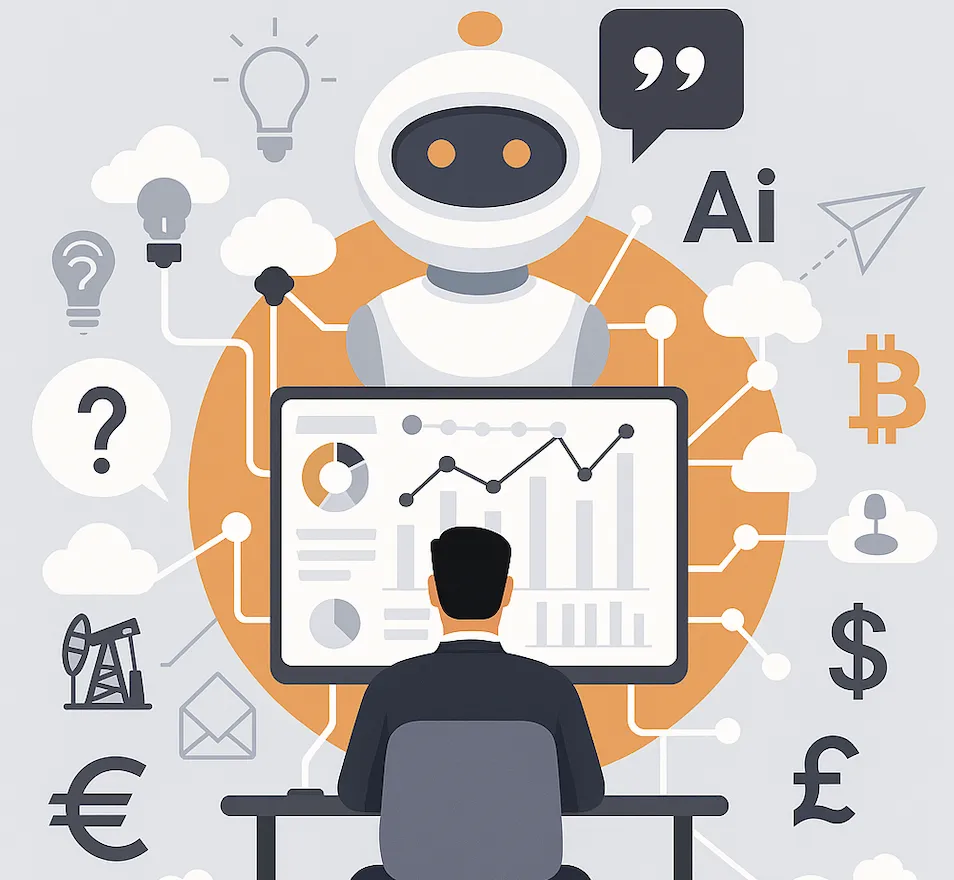
AI Agents vs. Traditional Automation: Unveiling a New Era for Business Efficiency
AI Agents vs. Traditional Automation: Unveiling a New Era for Business Efficiency
The evolution of technology offers numerous tools for enhancing business operations, and the recent surge in the capabilities of AI agents presents a new panorama of possibilities that could well surpass traditional automation systems. This week's developments in AI technology illustrate a transformative shift in how businesses could leverage these advancements for superior efficiency, customer interaction, and decision-making processes.
Latest Developments in AI and Automation
Recent announcements highlight significant strides in AI technology, including AI agents that are increasingly capable of performing complex tasks that were traditionally handled by rule-based automation systems. OpenAI's latest model improvements, for example, suggest enhanced understanding and interaction capabilities, paving the way for more intuitive customer service interfaces.
Furthermore, advancements in machine learning algorithms are enabling AI agents to learn from interactions and adapt over time, an area where traditional automation methods lag considerably. This adaptability not only improves the effectiveness of AI agents in dealing with dynamic business environments but also offers continuous improvement without constant human oversight.
AI Agents: Enhancing Business Dynamics
This week's focus is squarely on the comparative advantages of AI agents over traditional automation. AI agents, unlike their traditional counterparts, can process natural language, understand nuances, and make context-aware decisions. This ability is transforming customer service departments by providing more personalized and engaging interactions, which traditional scripted responses cannot achieve.
In sectors like e-commerce, AI-driven chatbots equipped with the latest enhancements are now capable of handling complex queries, recommending products based on customer preferences and past behaviors, and even managing post-sale support. This level of interaction goes beyond the capabilities of traditional automation by creating a more responsive, engaging, and personalized customer experience.
Expert Predictions on the Future Trajectory of AI
Experts suggest that the future of AI will focus heavily on integration and scalability across various business processes. AI agents are expected to become a central part of business ecosystems, connecting disparate systems and enhancing data flow, which in turn, can drastically improve operational efficiency and decision-making processes.
Industry leaders also predict an increase in the deployment of AI agents for predictive analytics, with enough sophistication to identify trends and forecast business needs. This predictive capability could become a critical strategic tool in inventory management, supply chain logistics, and even financial planning.
Final Thoughts
The developments discussed this week underscore a pivotal shift from traditional automation to more dynamic and intelligent AI agents. For small to medium business owners, now is a crucial time to explore these technologies. Integrating AI agents can not only automate tasks more effectively but also add intelligence, analytics, and learning capabilities to everyday business processes. The enhanced adaptability and learning abilities of AI agents represent a significant leap forward in how businesses can utilize automation technology to their advantage, making it an exciting time for innovation and adoption in the field.